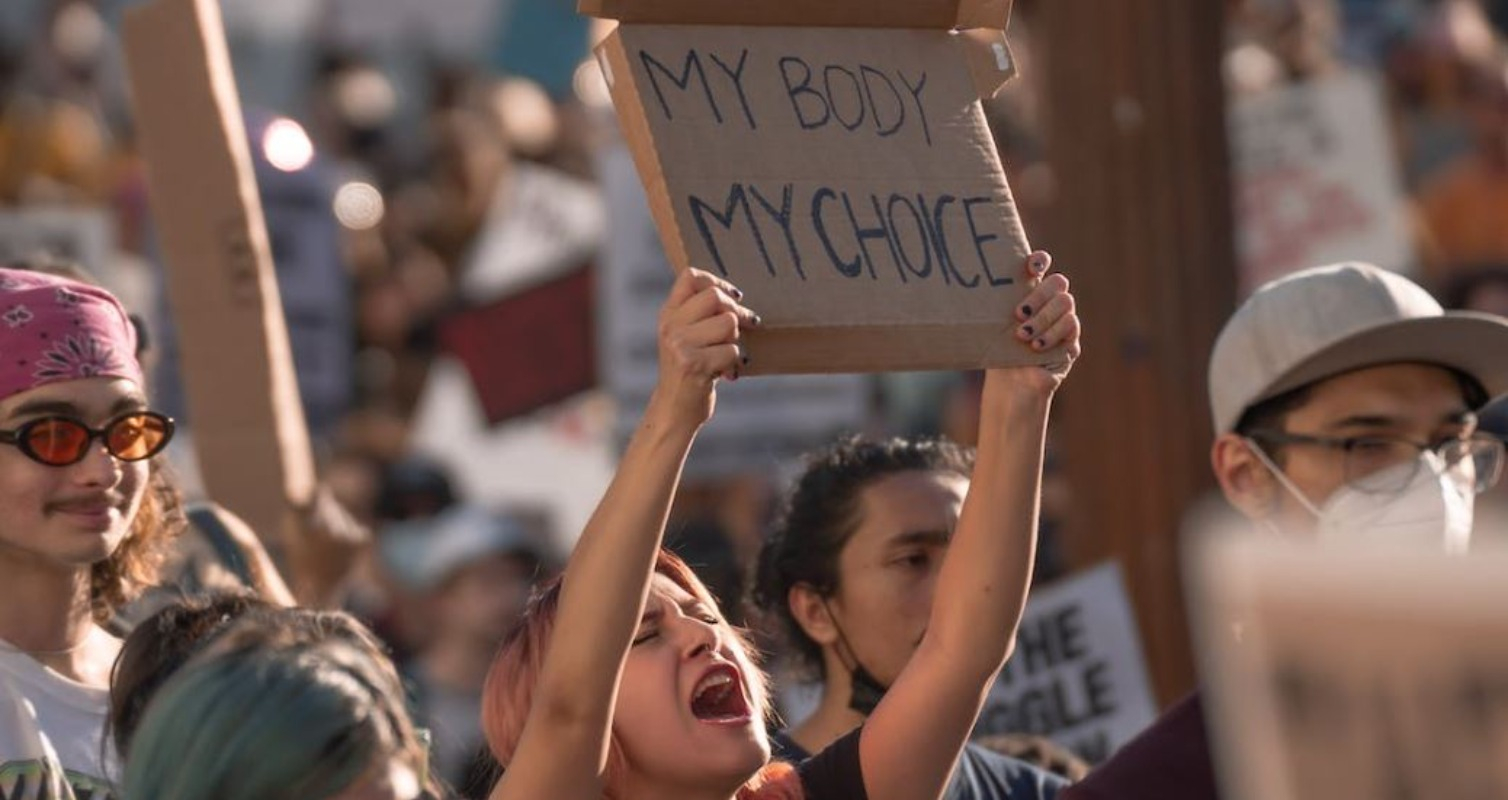The push for campus vending machines to dispense the pregnancy-preventing medication has grown since the U.S. Supreme Court overturned Roe v. Wade.
While emergency contraception — which can be used after unprotected sex to prevent pregnancy — is available without a prescription, it’s often locked up or must be specifically requested at a pharmacy counter.
Some pharmacies don’t have the medication in stock, and finding a pharmacy that does can require driving miles away — another barrier for students without cars.
While students have led most efforts, they’re now finding additional support from public officials.

About Plan B:
Plan B contains a high dose of levonorgestrel, a synthetic hormone similar to progesterone. This ingredient works primarily by preventing or delaying ovulation, thereby reducing the chances of fertilization. It’s important to note that Plan B is effective only before pregnancy is established and does not terminate an existing pregnancy.
One lesser-known fact is that the effectiveness of Plan B in preventing pregnancy diminishes with time after unprotected sex or contraceptive failure. It is most effective when taken within 72 hours (3 days), but it can be taken up to 120 hours (5 days) afterward, though with decreased efficacy beyond the initial 72-hour window.
